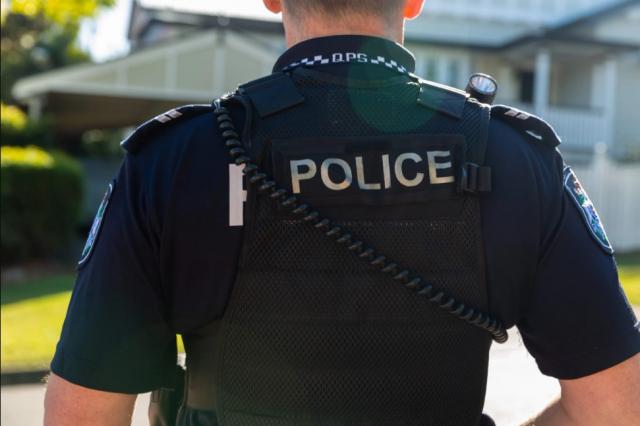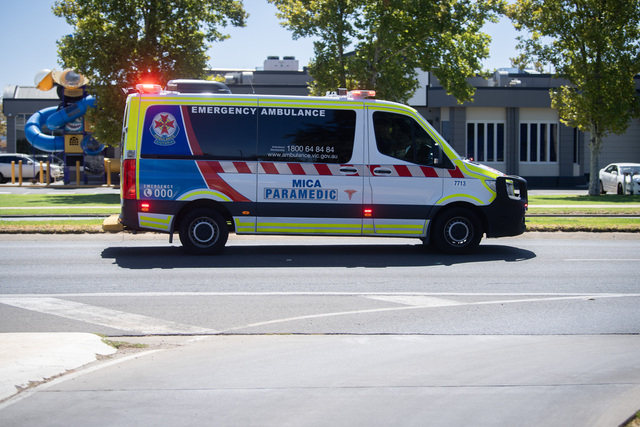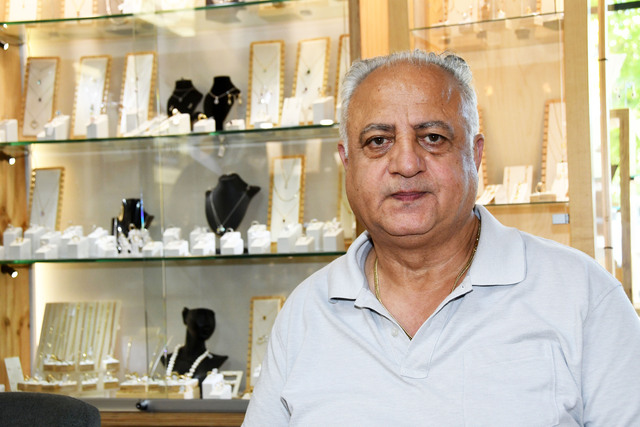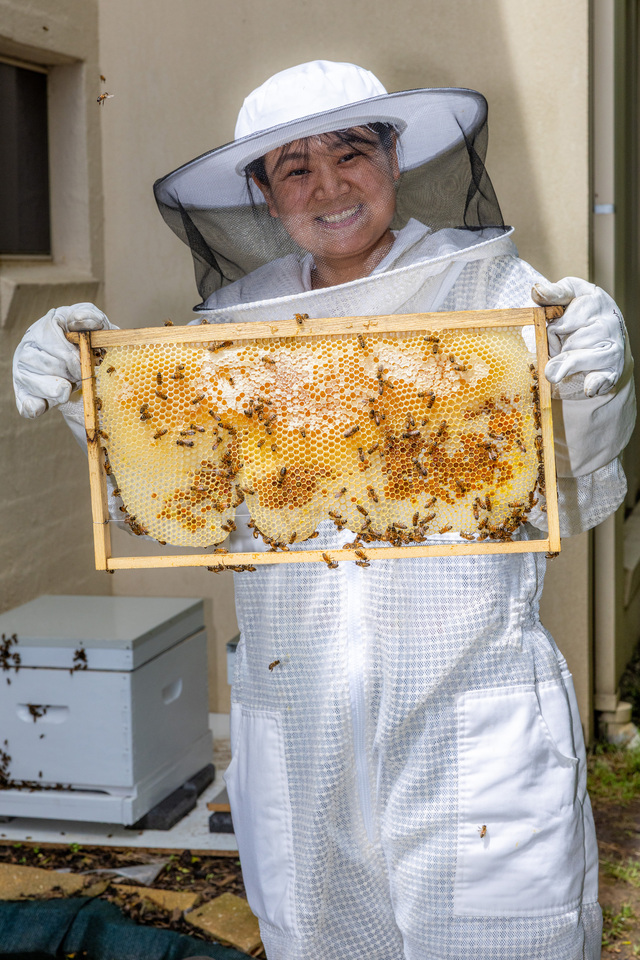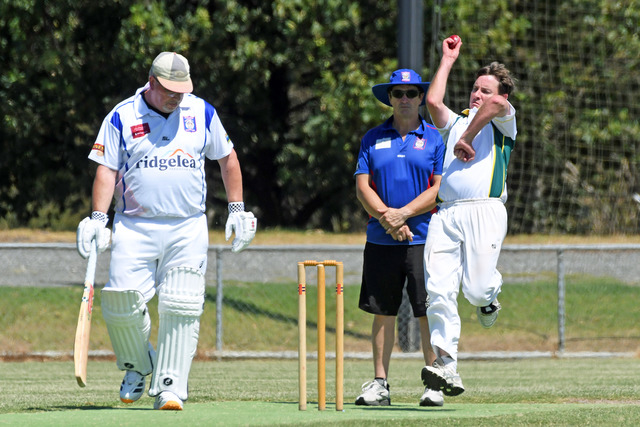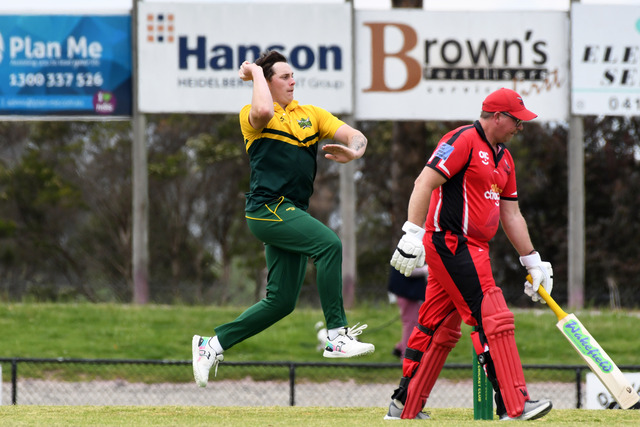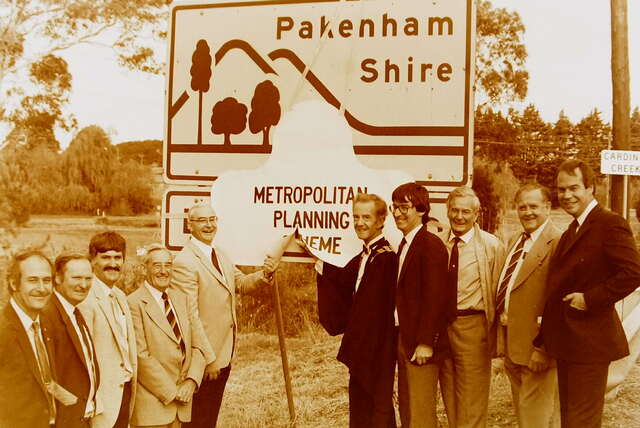The way machetes are classified will change as part of new laws to boost police powers on illegal firearms and weapon sales.
Introduced into Parliament, the Firearms and Control of Weapons (Machetes) Amendment Bill 2024 will amend existing laws to make it easier for police to serve a firearm prohibition order (FPO) on a person.
While the scheme has seen Victoria Police issue more than 2,000 FPOs to keep illicit firearms out of the hands of serious and organised crime members, currently FPOs must be served in person which can prove difficult where a person is avoiding police.
Under this new Bill, police will be able to stop a person in a public place and direct that they remain there or accompany an officer to a police station or other safe place for up to two hours for the purposes of serving an FPO.
Police will also be able to apply to a magistrate for a warrant to enter a premises to search for and serve a person an FPO. Where an individual in detention has declined a visit by a police officer, police will also be able to serve an FPO on that person by registered post.
Separately, the Bill will amend the Control of Weapons Act 1990 to ensure that there is no doubt that a machete is a controlled weapon.
While machetes are frequently used for legitimate and lawful purposes, such as clearing food crops, gardening and maintaining trails – clarifying to traders that machetes are controlled weapons and proof of age must be checked before sale will help police ensure machetes don’t end up in the hands of minors.
The penalty for carrying a controlled weapon with an unlawful excuse is a fine of more than $23,000 or a jail term of one year.
It is an offence for a person to sell a controlled weapon to any person under 18, with a fine of up to $3,846. It is also an offence for a child to purchase a controlled weapon, with a fine of up to $2,308.
However, the Liberal Nationals party stated the legislation was opposed when it was introduced by them in Parliament last year.
According to the opposition, this delay has seen machetes continued to be sold to youths and used in violent crimes, with police not having the powers to proactively remove the weapons from the street.

